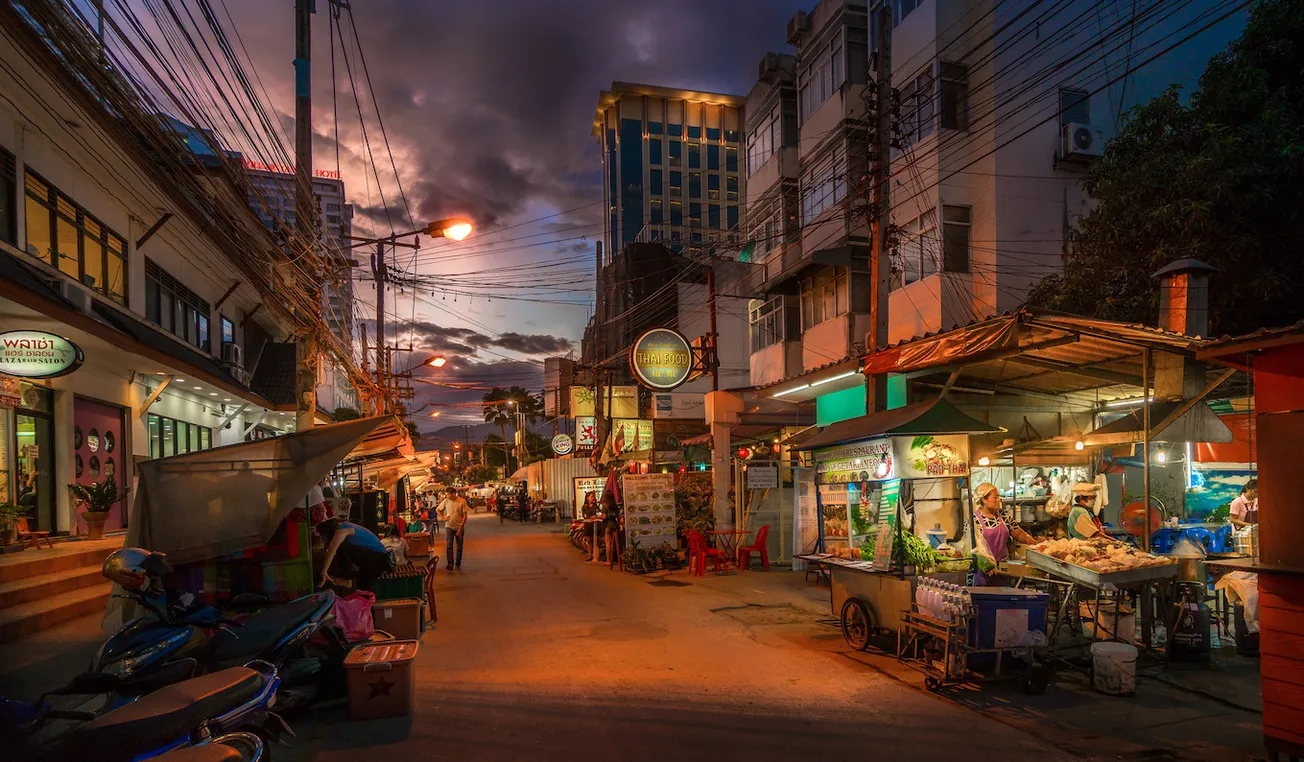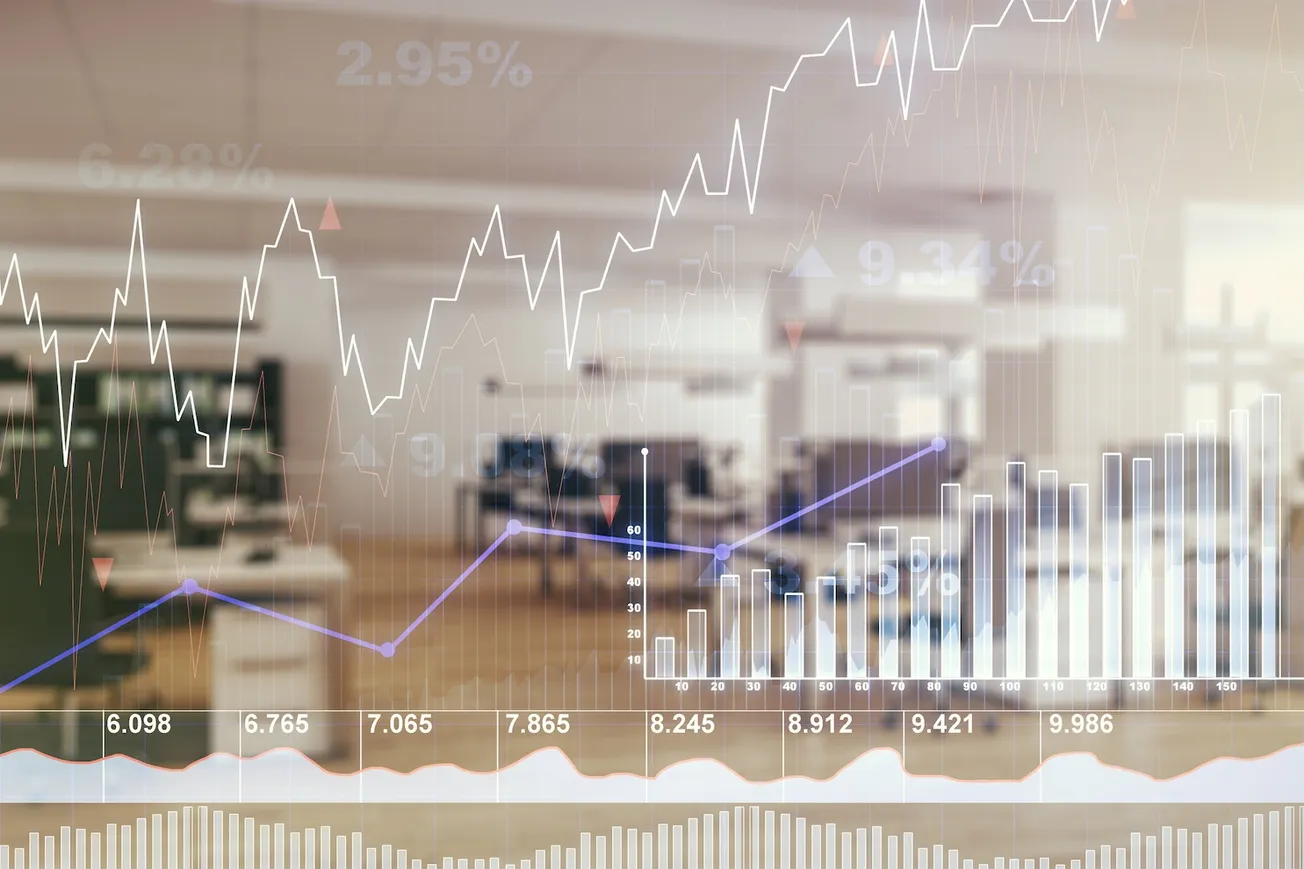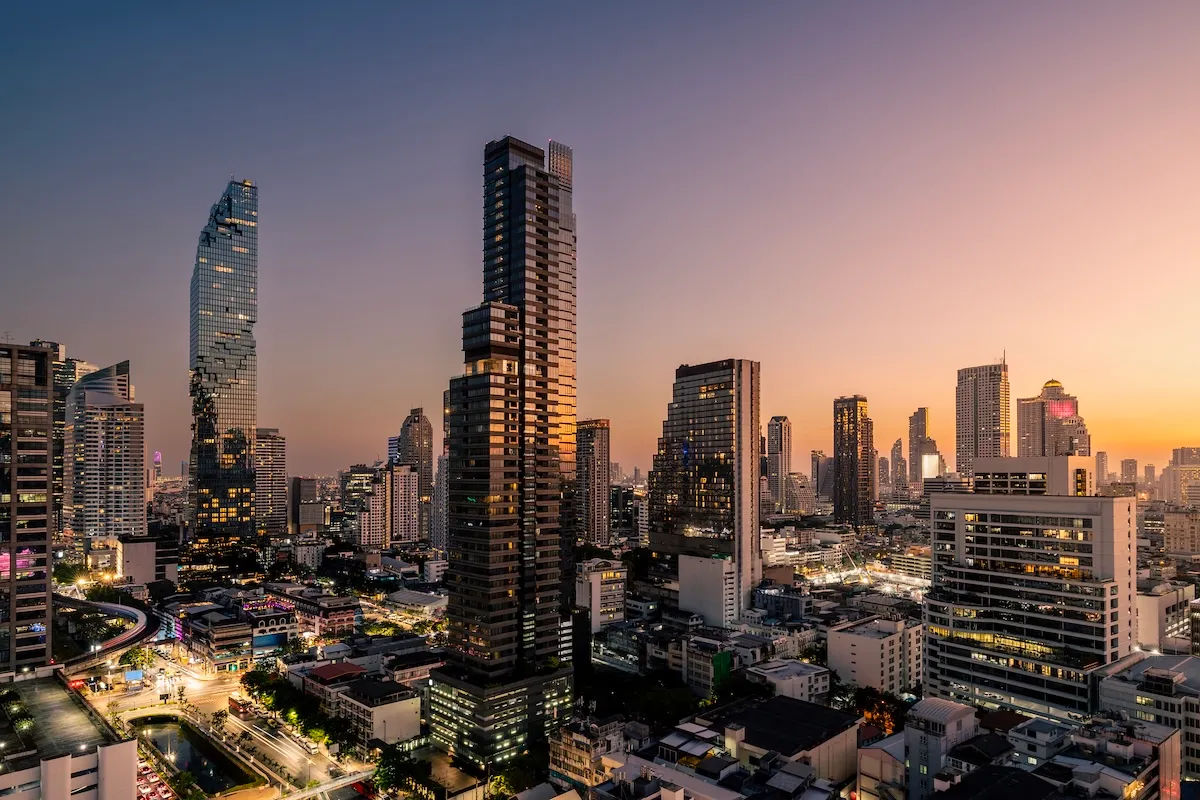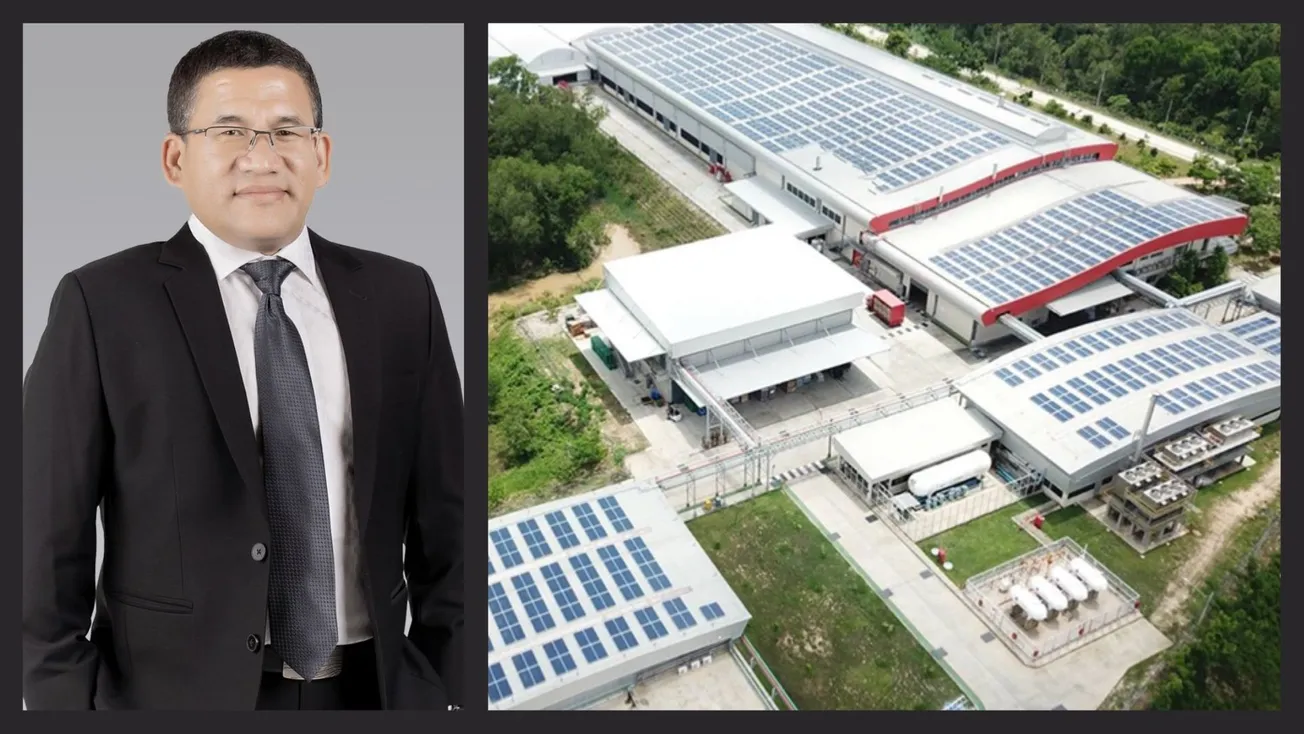Travel notes: Chiang Mai
Meeting Marc Faber, a FinTwit contact and thoughts on Thai consumer brands. Estimated reading time: 8 minutes

Latest




The luxury wristwatch market may have bottomed
Secondary prices have rebounded strongly, and Swiss export volumes are recovering, too




